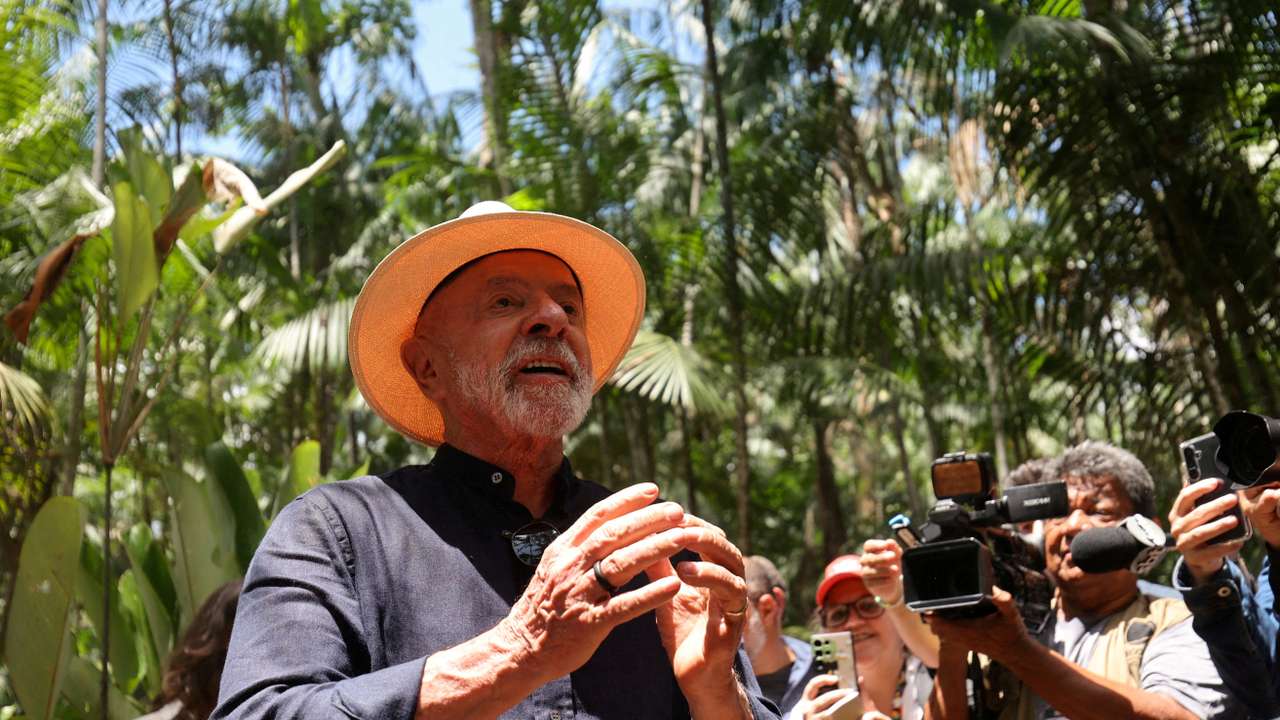Brazil Roundup: New political tensions, crime inquiries,shifting power dynamics

Anti-gang bill raises political tensions
Brazil’s Chamber of Deputies is currently debating a controversial anti-gang bill that has ignited sharp political tensions across the country. The proposed legislation, which aims to strengthen criminal penalties and enhance the government’s ability to dismantle organised crime networks, has drawn criticism from the Federal Police and several government officials. Detractors argue that the bill could open the door to misuse of authority and may undermine civil rights protections. At the same time, supporters claim it is essential to address the growing threat of gang-related violence in major cities. The debate reflects the delicate balance between bolstering public safety and safeguarding democratic freedoms.
Brazil’s new crime commission: A fight for control and credibility
Brazil’s Senate has launched a Parliamentary Inquiry Commission to investigate organised crime. However, this move has not come without controversy. Political analysts and opposition figures have raised concerns about the inquiry's independence, suggesting that political manoeuvring could compromise its integrity. The commission, intended to expose corruption and strengthen national security, risks becoming another political battleground where competing factions vie for influence. Questions about transparency and impartiality are now shaping public opinion, with critics urging reforms to ensure that accountability, not politics, remains at the heart of the investigation.
Criminal crisis unites right, signalling ‘post-Bolsonaro’ era
A deadly police operation in Rio de Janeiro has thrust Brazil’s public security policies back into the national spotlight and stirred a major political realignment. The crisis has united opposition figures on the right, many of whom were previously divided under the influence of former President Jair Bolsonaro. Analysts say this moment may mark the beginning of a “post-Bolsonaro” era, as right-wing leaders increasingly seek to redefine their identity around law and order rather than personality-driven politics. The renewed focus on policing and crime control underscores how security has become one of the defining issues in Brazil’s shifting political landscape
Lula secures ally to lead Senate inquiry into organised crime
In a strategic political move, President Luiz Inácio Lula da Silva’s government has successfully secured leadership of a Senate inquiry into organised crime. The decision has sparked debate over potential political interference in what is meant to be an impartial investigation. Supporters of the government argue that Lula’s allies can ensure more effective oversight and results-oriented action. However, opposition groups and civil society watchdogs warn that this concentration of control risks undermining the inquiry's credibility. The development reflects ongoing tensions between executive authority and institutional independence, as Brazil navigates complex challenges at the intersection of politics, crime, and governance.
This story is written and edited by the Global South World team, you can contact us here.